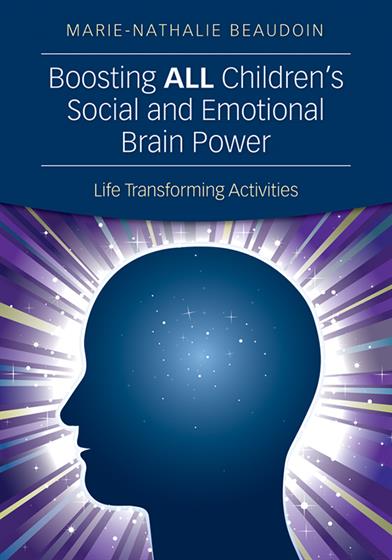Hands-on, Practical Guidance for Educators
From math,
literacy, science, equity, multilingual learners, and SEL, to assessment, school counseling,
and education leadership, our books are research-based and authored by experts
on topics most relevant to what educators are facing today.

Boosting ALL Children's Social and Emotional Brain Power
Life Transforming Activities
Ideal for counselors and teachers, this resource shares a brain-based and well-researched approach that strengthens K–12 students’ social and emotional development, supported by lively classroom activities.
Product Details
- Grade Level: PreK-12
- ISBN: 9781452258362
- Published By: Corwin
- Year: 2013
- Page Count: 248
- Publication date: October 24, 2013
Review Copies
This book is not available as a review copy.

